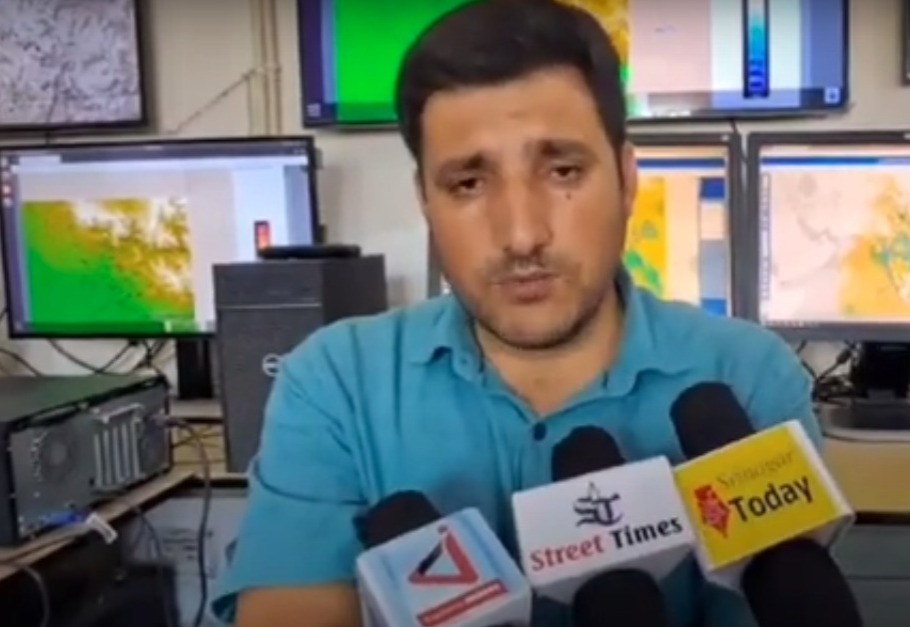Srinagar: La Nina, a weather phenomenon that significantly contributed to the extreme cold conditions in parts of north India, including Jammu and Kashmir, is expected to have a severe impact on the weather here in the days ahead.
Although La Nina has no direct bearing on the present weather in J&K, meteorologists believe it has circuitously contributed to the region’s extreme winter conditions, which are expected to worsen in the coming days.
La Nina would bring a harsh winter to India, according to a November forecast from the Indian Meteorological Department (IMD). Northern states, particularly Himachal Pradesh, Uttarakhand, and Jammu and Kashmir, are predicted to see freezing temperatures, with some areas experiencing sub-zero temperatures.
“La Nina may not directly influence the weather that prevails in J&K, but the phenomena that developed last month may have indirectly contributed to the region’s harsh winter. Minimum temperature as a result of La Nina is likely to drop by further,” Director Meteorological Centre, Srinagar, Dr Mukhtar Ahmad told ‘Kashmir Images’, adding, ” The dry spell is expected to last till January 1.”
Kashmir valley, he said, has experienced extended dry spells in the past as well; the current weather is thought to be influenced by the La Nina, which has caused the minimum temperatures to plummet.
“Nonetheless, once it snows in the valley, it might put an end to the protracted dry weather after the second week of January,” he added.
La Nina, Director MeT said, is associated with a number of changes in the global climate, including an increase in storms in the Atlantic, droughts in South America, and wetter weather in Australia and Southeast Asia.
“La Nina lasts between nine months to two years, starting in April or June and becoming more intense in October or February. The minimum temperature in Jammu and Kashmir may further drop due to the likelihood of freezing temperatures. Increased rains and the cold might have a detrimental impact on agriculture, especially on winter crops that depend on warmer weather,” Dr Mukhtar said.







